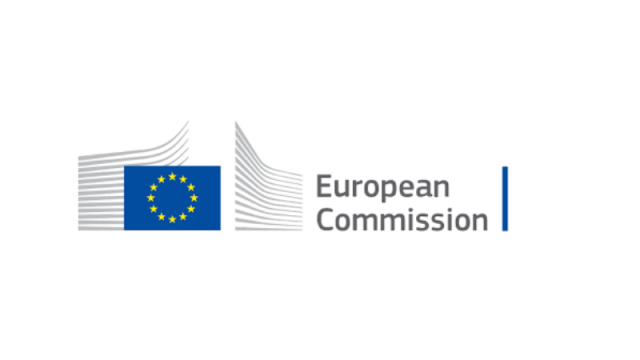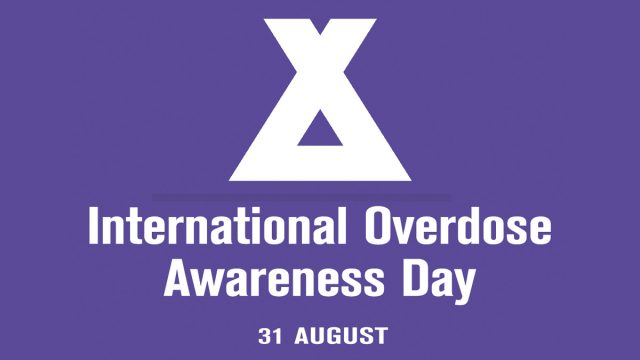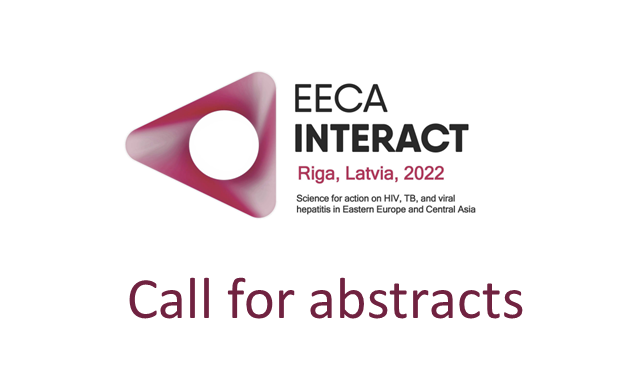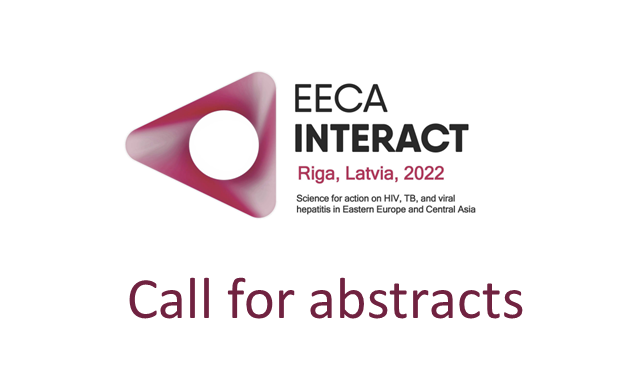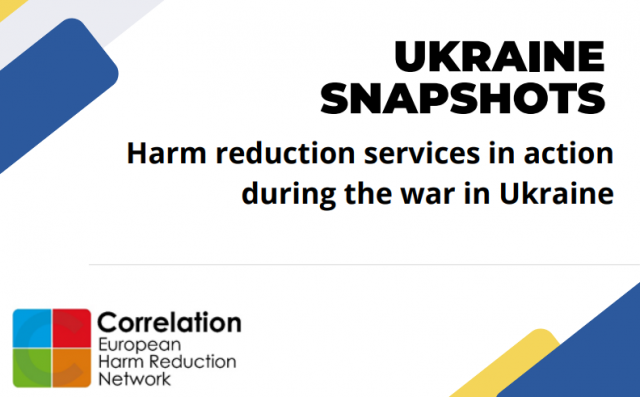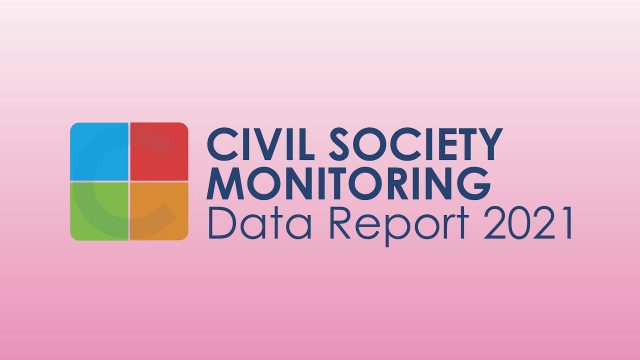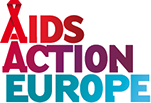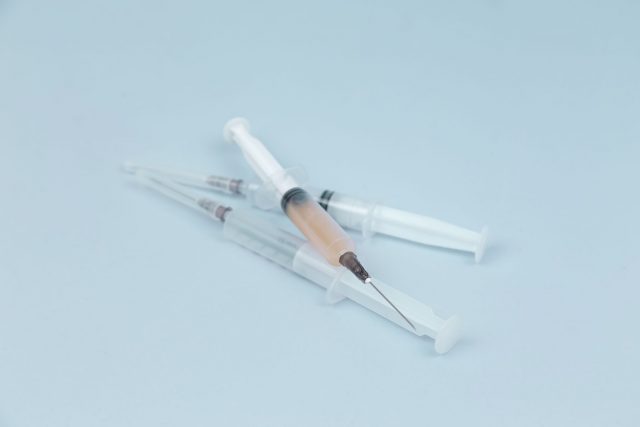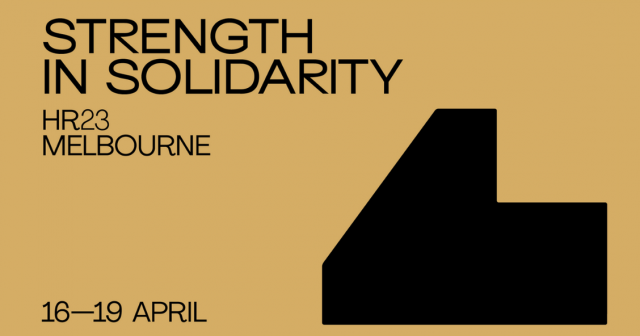
Today on International Overdose Awareness Day, Correlation wants to reflect on the current situation regarding overdose, overdose prevention, and non-fatal overdose in Europe.
C-EHRN reached out to our focal points for their insight into the current overdose situation in Europe.
Following the data from our 2021 Data Report, we can see that the life-saving drug Naloxone is still not widely available. Naloxone can reverse the effects of an overdose, and consequently save lives; our advocacy work pushes for the availability of naloxone worldwide. Karen Mamo from our focal point in Malta offered the below reflection on Naloxone;
“An EU wide campaign on availability and accessibility of intranasal naloxone should be spearheaded by C-EHRN… it is very unjust to have eu citizens suffer due to moralistic and structural barriers. To my knowledge, unfortunately, a private citizen is unable to order naloxone across EU borders. So for example in the case of Malta, we have naloxone in hospital, but not available for peers.”
Karen Mamo.
Tony Duffin of Ana Liffey, our Irish focal point, offered the below sentiment regarding non-fatal overdose;
The sequelae of non-fatal overdose:
On International Overdose Awareness Day 2022, we remember without stigma those who have died, and acknowledge the grief of the family and friends left behind. It is also important to remind ourselves of the harm non-fatal overdose causes.
Sequelae: is the term used to describe an after effect of a disease, a condition, or an injury.
On a regular basis people who suffer an overdose are saved and go to hospital; however, often people are discharged, or they self-discharge, without any further follow up. Without realising, they walk out of hospital potentially with health problems they didn’t have before the non-fatal overdose occurred. As a consequence of their non-fatal overdose there may be negative consequences from a neurological, muscular, cardiac or pulmonary perspective.
The impact of non-fatal overdose is far reaching i.e. the impact is the level of morbidity which has an impact upon the individual, their family/carers and the economic impact of the ongoing health care for the individual.
Unfortunately, through my work, I have known many people who have who experienced multiple non-fatal overdoses. Each time a non-fatal overdose happens it is a near miss, an indicator that the person is at risk of a fatal overdose; and each time it carries the potential for sequelae related to the non-fatal overdose.
Non-fatal overdose is a significant issue, with significant consequences. International Overdose Awareness Day 2022, is a reminder that, globally, there is more to be done to respond to the sequelae of non-fatal overdose.
Tony Duffin
CEO
Ana Liffey Drug Project (C-EHRN Irish Focal Point)
Dr Austin O’Carroll was inspired by his work with people who use drugs, and offered the below reflection on overdose;
The Hierarchy of Self Inflicted Death.
The taking of one’s life whether intentionally or through one’s own actions is a tragedy. All victims, young and old, deserve our sympathy. Unfortunately, as a society we do not deal this compassion out equally. Those we give most sympathy to are the men and women who intend to take their own lives due to feeling depressed and having no hope of future happiness. We give less sympathy to those who commit suicide when under the influence of alcohol whose feelings of depression and hopelessness are intensified by their drinking. We give least sympathy to those who overdose, not caring whether they live or die, as they have no hope offuture happiness.
This hierarchy unfortunately results in unevenly distributed care. Those who have attempted suicide will get a psychiatric assessment, offered a safety plan, offered future psychiatric support and on occasions be admitted to ensure their safety. Those who attempt suicide while under the influence of alcohol will have some of those interventions. Many, if not most, of those who have a non fatal overdose will have none of those interventions, even if they have had multiple non-fatal overdoses. Health professionals have unconsciously created an inequality in the level of empathy and care they offer to those who put their lives at risk due to having little or no hope of happiness.
On International Overdose Awareness Day we must commit to redressing this inequality of care.
Dr Austin O Carroll
Founder of Safetynet, North Dublin City GP Training Progamme. Wonca Europe 5 Star Doctor 2020.
The full paper from Dr Austin O Carroll is available here.
In Greece, the mortality rates of people who use drugs continue to rise, with a large HIV outbreak among people who inject drugs (PWID) in Athens, Greece. A paper regarding these worrying rates can be accessed here.
Marios Atzemis, of Positive Voice, offered a concerning insight into the situation in Greece;
What should be highlighted from Greece is that naloxone is not available to civil society organisations, to peers and to drug users. There have been major changes to the legislative framework recently and now naloxone is available to workers of the largest public harm reduction organism -OKANA- which also holds the monopoly of the OST provision. Before that, naloxone could only be given through medical staff and its provision was characterised as a medical act. Now that has changed but it is still not available to the directly affected community. People do not usually OD in the streets in the open drug scenes and when they do they get their assistance. People die alone in deserted buildings and in their apartments. Sometimes their relatives are in the next room. If the community was trained not to use alone and if the relatives were trained how to use naloxone things could be better. All that with the prerequisite of the before-mentioned factor.
There is lack of peer to peer training to drug users for safer drug use and ways to deal with an OD while waiting for the ambulance. There is also no drug testing.
Mostly the substance free treatments never prepare you for what to do or not to do, in case you use again -relapse in their language- after such a long period of abstinence. In Italy for example ”Villa Maraini” provides naloxone to the patients who leave after ”graduating” the premises, just in case . In Greece this is not the case. Using is been demonized and considered to be the ultimate act of treason after going to treatment. People feel so ashamed and so embarrassed to say that they want to use and when they finally do it, they make sure they are alone. And they die alone. I saw so many people with my naked eyes dying while being in the ”social reintegration ” phase of the substance free treatments.
Marios Atzemis
Positive Voice
In the coming weeks, more research regarding the concerning rise in mortality rates in Greece will be shared within the network to raise awareness of the situation and to support advocacy work for this problem. Both Marios Atzemis and Christos Siou will take part in a conversation with C-EHRN regarding this issue, which will be shared within the network to further support advocacy and awareness.
Earlier this year, C-EHRN hosted a webinar on the state and challenges of overdose prevention, the webinar recording can be accessed here. Read our monitoring report with information on overdose here.
Visit the official International Overdose Awareness Day site here.

